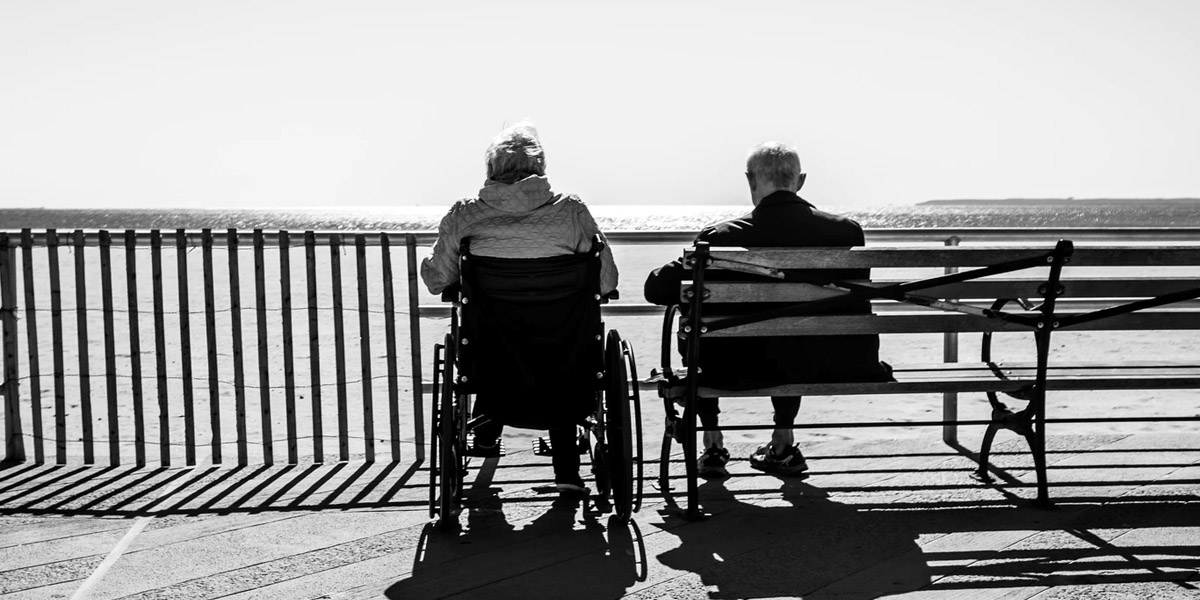The stress of being a caregiver can’t be ignored

 “He is so lucky to have you,” someone tells me for the umpteenth time as I mutter something unprintable under my breath.
“He is so lucky to have you,” someone tells me for the umpteenth time as I mutter something unprintable under my breath.
The “he” in question is my younger brother, who was diagnosed with early onset Alzheimer’s disease. Since he had no family of his own, I became among the one in three people in the United States who, according to the Mayo Clinic, care for a loved one informally. I’m among the majority of carers between 50 and 64 who have taken responsibility for a parent, spouse or sibling.
Care and compassion can cost, though. Carers can lose time, money and even jobs in what can many times be a thankless job, all the while saving the government about $430 million a year.
Carer’s stress syndrome
Being a carer can also be a health hazard. Carer’s stress syndrome, a recognized diagnosis, can bring with it physical, emotional and mental health problems – causing some carers to suffer headaches, sleep problems and feelings of being overwhelmed and burnt out.
And then there’s the resentment and guilt. Resentment, in my case, when I realized that I had literally become my brother’s keeper as I navigated bureaucracy, deadlines and doctors’ appointments in an attempt to get him the services and benefits he was entitled to and needed.
I’ve been asked to make decisions for him, such as end-of-life medical situations, that I haven’t even made for myself.
Guilt raised its ugly head when simple daily routines became difficult for him. I was irritable and guilty all at the same time.
Guilt and rewards
People pay a lot of lip service to how being a carer is so rewarding that sometimes it plays out in platitudes. When someone says, “He is so lucky to have you,” I want to reply: “Really? What about my luck? My life? My needs?”
It doesn’t feel like I’m “a great person for doing this” when I lose my patience and become irritable with my loved one.
“Thank you for doing this” is mostly said by family member to assuage their guilt at not stepping up to the plate to help. I want to say: “If you’re so thankful, why not just take him to really show your gratitude?”
Rabbit hole
Caring can sometimes feel like a rabbit hole you’ve slunk into with no way out. But there are helpful organizations that address the problems inherent in caregiving as well as support groups.
If you can get past the feeling that a support group is just another “job” on the long list of demands, support groups can really help. They can mitigate the feelings of aloneness that come with the responsibility of being a carer, and the shared experiences of others who may be going through more challenging and difficult times can help bring new perspective and sometimes hope.
Maggie Lennon is a writer and photographer who writes about navigating the aging process. Check out her blog, “The Sensational Sixties. An everywoman’s guide to getting older.” Contact her at maggielennon164@yahoo.com.
